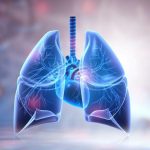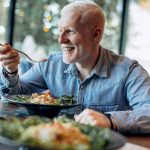
Living with the potential for gun violence takes a “cumulative physiological toll” on people in Chicago and across the country, said researchers whose new study found that half of that city’s residents had witnessed a shooting by age 40. The study followed Chicagoans from childhood and adolescence in the 1990s over the course of 25 years. Of the more than 2,400 study participants, about 56% of Black and Hispanic residents had seen at least one shooting by the time they turned 40. About 25% of white Chicagoans had witnessed a shooting by that time. The average age that Chicago residents first witnessed a shooting was 14. Some weren’t just seeing the gun violence, but experiencing it. More than 7% of Black and Hispanic people had been shot before turning 40, compared to 3% of white people. The average age for being shot was 17. “We expected levels of exposure to gun violence to be high, but not this high. Our findings are frankly startling and disturbing,” said study lead author Charles Lanfear, from the University of Cambridge’s Institute of Criminology in the U.K. “A substantial portion of Chicago’s population could be living with trauma as a result of witnessing shootings and homicides, often at a very young age,” Lanfear said in a university news release. “It is clear that Black people in particular are often… read on > read on >



























-300x200.jpg)










